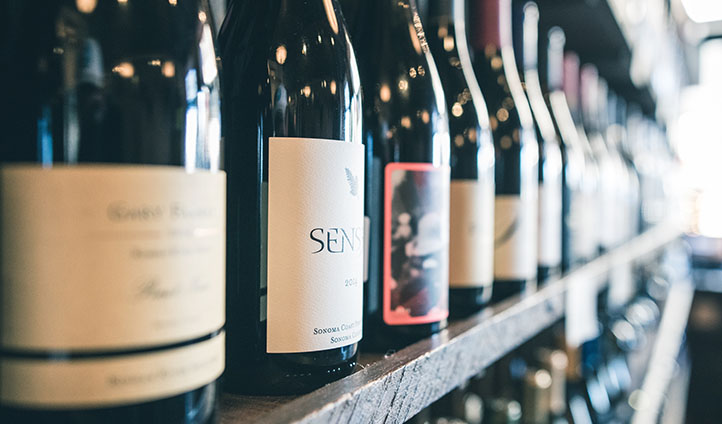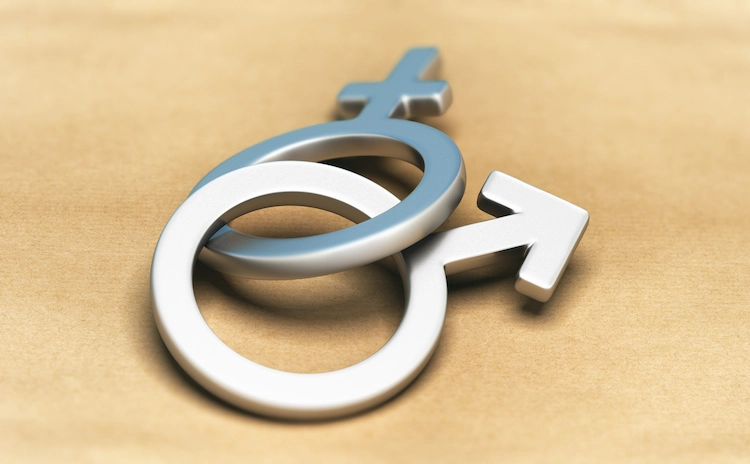Granholm v Heald Defines Relationship Between 21st Amendment and the Dormant Commerce Clause
Historical
In Granholm v Heald, 544 U.S. 460 (2005), the U.S. Supreme Court held that state laws that allow in-state wineries to directly ship alcohol to consumers, but prohibit out-of-state wineries to do the same, run afoul of the Dormant Commerce Clause in light of the 21st Amendment. By a vote of 5-4, the majority held that discriminating against the out-of-state wineries was unconstitutional, despite the authority granted to states under the 21st Amendment to regulate the sale of alcohol.
Facts of Granholm v. Heald
The case involved consolidated legal challenges to Michigan and New York laws regulating the sale and importation of wine. Both states allowed in-state, but not out-of-state, wineries to make direct sales to consumers.
In the two Michigan lawsuits, Michigan residents, joined by an intervening out-of-state winery, sued Michigan officials, claiming that the State’s laws violate the Commerce Clause. The State and an intervening in-state wholesalers association responded that the direct-shipment ban was a valid exercise of Michigan’s power under the 21st Amendment. The District Court sustained the scheme, but the Sixth Circuit reversed, rejecting the argument that the 21st Amendment immunizes state liquor laws from Commerce Clause strictures and holding that there was no showing that the State could not meet its proffered policy objectives through nondiscriminatory means.
In the New York suit, out-of-state wineries and their New York customers filed suit against state officials, seeking a declaration that New York’s direct-shipment laws violate the Commerce Clause. State liquor wholesalers and retailers’ representatives intervened in support of the State. The District Court granted the plaintiffs summary judgment, but the Second Circuit reversed, holding that New York’s laws fell within the ambit of its powers under the 21st Amendment.
Supreme Court’s Decision in Granholm v. Heald
The Court struck down the laws by a vote of 5-4. According to the majority, both States’ laws discriminated against interstate commerce in violation of the Commerce Clause, and that discrimination is neither authorized nor permitted by the Twenty-first Amendment. Justice Anthony Kennedy wrote on behalf of the majority.
The majority first found that the laws contradict the principles underlying the Commerce Clause. As Justice Kennedy explained:
The Michigan system’s discriminatory character is obvious. It allows in-state wineries to ship directly to consumers, subject only to a licensing requirement, but out-of-state wineries, even if licensed, must go through a wholesaler and retailer. The resulting price differential, plus the possible inability to secure a wholesaler for small shipments, can effectively bar small wineries from Michigan’s market. New York’s scheme also grants in-state wineries access to state consumers on preferential terms. It allows in-state wineries to ship directly to consumers, but requires an out-of-state winery to open a New York branch office and warehouse, which drives up its costs. Out-of-state wineries are also ineligible for a “farm winery” license, which provides the most direct means of shipping to New York consumers.
The majority went on to hold that the 21st Amendment did not save the laws from being unconstitutional. In support, it cited laws existing prior to Prohibition that precluded discrimination. “The States contend that §2 of the Twenty-first Amendment transfers to States the authority to discriminate against out-of-state goods, but the pre-Amendment history recited here provides strong support for the view that §2 only restored to the States the powers they had under the Wilson and Webb-Kenyon Acts,” Justice Kennedy wrote. “The Twenty-first Amendment’s aim was to allow States to maintain an effective and uniform system for controlling liquor by regulating its transportation, importation, and use. It did not give States the authority to pass nonuniform laws in order to discriminate against out-of-state goods, a privilege they never enjoyed.”
Previous Articles
Supreme Court Upholds Tennessee Law Banning Transgender Care for Minors
by DONALD SCARINCI on July 10, 2025
In United States v. Skrmetti, 605 U.S. ____ (2025), the U.S. Supreme Court held that Tennessee’s ...
Supreme Court Rejects Mexico’s Suit Against U.S. Gun Manufacturers
by DONALD SCARINCI on July 8, 2025
In Smith & Wesson Brands v. Estados Unidos Mexicanos, 605 U.S. ____ (2025), the U.S. Supreme Co...
SCOTUS Sides With Employee in Reverse Discrimination Case
by DONALD SCARINCI on July 2, 2025
In Ames v. Ohio Department of Youth Services, 605 U.S. ____ (2025), the U.S. Supreme Court held tha...
The Amendments
-
Amendment1
- Establishment ClauseFree Exercise Clause
- Freedom of Speech
- Freedoms of Press
- Freedom of Assembly, and Petitition
-
Amendment2
- The Right to Bear Arms
-
Amendment4
- Unreasonable Searches and Seizures
-
Amendment5
- Due Process
- Eminent Domain
- Rights of Criminal Defendants
Preamble to the Bill of Rights
Congress of the United States begun and held at the City of New-York, on Wednesday the fourth of March, one thousand seven hundred and eighty nine.
THE Conventions of a number of the States, having at the time of their adopting the Constitution, expressed a desire, in order to prevent misconstruction or abuse of its powers, that further declaratory and restrictive clauses should be added: And as extending the ground of public confidence in the Government, will best ensure the beneficent ends of its institution.





